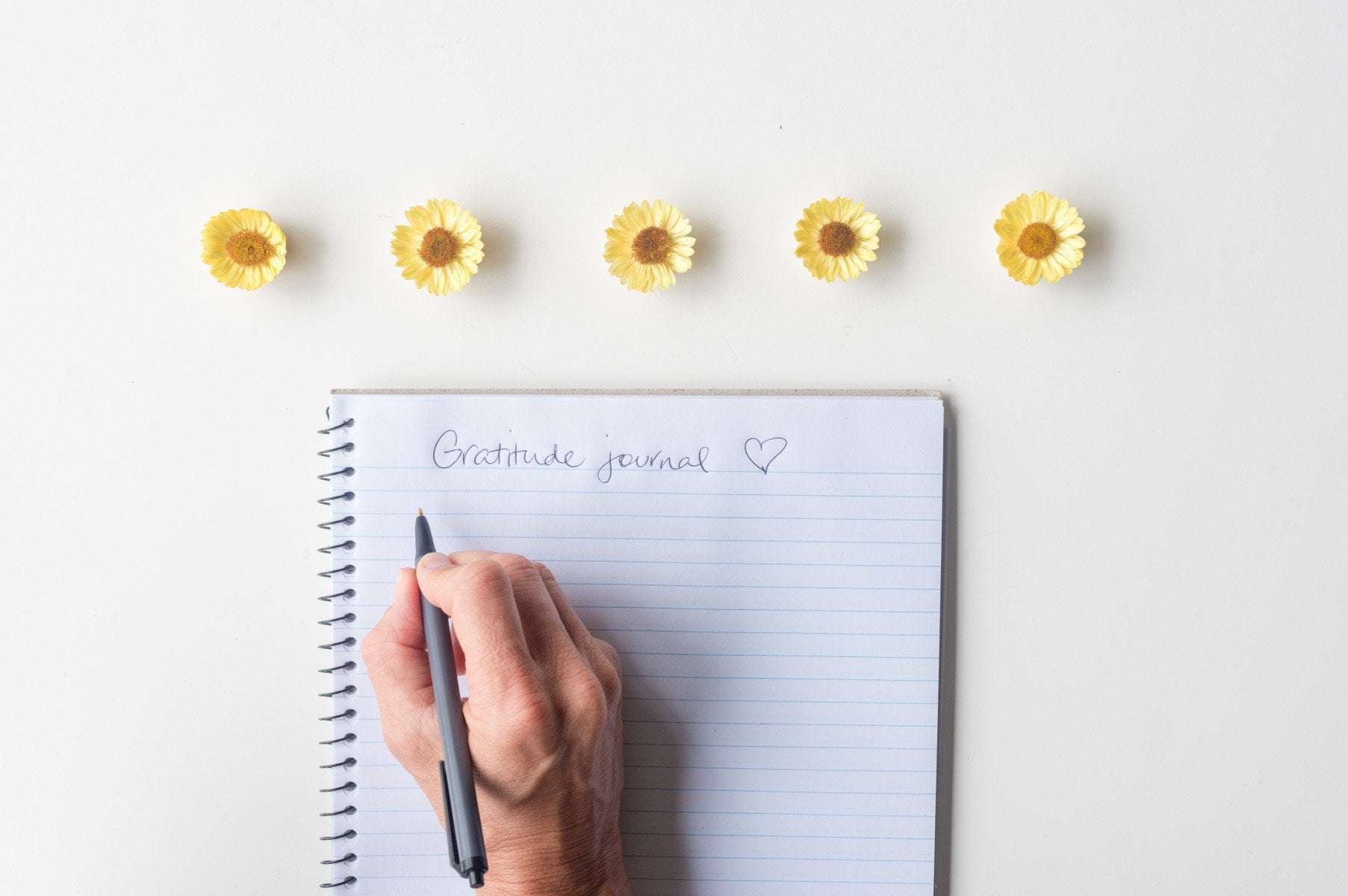Go ahead and be grateful for the good things in your life. Just don’t think that a gratitude intervention will help you feel less depressed or anxious.
In a new study, researchers at The Ohio State University analyzed results from 27 separate studies that examined the effectiveness of gratitude interventions on reducing symptoms of anxiety and depression.
The results showed that such interventions had “limited” benefits at best.
“For years now, we have heard in the media and elsewhere about how finding ways to increase gratitude can help make us happier and healthier in so many ways,” said David Cregg, lead author of the study and a doctoral student in psychology at Ohio State.
“But when it comes to one supposed benefit of these interventions – helping with symptoms of anxiety and depression – they really seem to have limited value.”
Cregg conducted the study with Jennifer Cheavens, associate professor of psychology at Ohio State. Their results were published online recently in the Journal of Happiness Studies.
There are two commonly recommended gratitude interventions, Cheavens said. One is the “Three Good Things” exercise: At the end of the day, a person thinks of three things that went well for them that day, then writes them down and reflects on them.
Another is a “gratitude visit,” when a person writes a letter thanking someone who has made a difference in their life and then reads the letter to that person.
The 27 studies involved in this analysis often had participants do one of these exercises or something similar. The studies included 3,675 participants.
In many studies, participants who did the gratitude interventions were compared with people who performed a similar activity that was unrelated to gratitude. For example, instead of writing about what they were grateful about, a college student sample might write about their class schedule.
The gratitude intervention was not much better at relieving anxiety and depression than the seemingly unrelated activity.
“There was a difference, but it was a small difference,” Cheavens said. “It would not be something you would recommend as a treatment.”
As an alternative, Cheavens and Cregg recommend people pursue treatments that have been shown to be effective with anxiety and depression, such as cognitive behavioral therapy.
The results suggest that it isn’t helpful to tell people with symptoms of depression or anxiety to simply be more grateful for the good things they have, Cheavens said.
“Based on our results, telling people who are feeling depressed and anxious to be more grateful likely won’t result in the kind of reductions in depression and anxiety we would want to see,” she said.
“It might be that these sort of interventions, on their own, aren’t powerful enough or that people have difficulty enacting them fully when they are feeling depressed and anxious.”
The results don’t mean that there are no benefits to being grateful or to using gratitude interventions, the researchers said. In fact, some studies show that such interventions are effective at improving relationships.
“It is good to be more grateful – it has intrinsic virtue and there’s evidence that people who have gratitude as a general trait have a lower incidence of mental health problems and better relationships,” Cregg said.
“The problem is when we try to turn gratefulness into a self-help tool. Gratitude can’t fix everything.”

mauvemoth on March 9th, 2020 at 20:03 UTC »
When my father found out I had depression, he told me that I should just think of all the people that have it worse than me. Smiled to himself all proud like he just gave me the secret to happiness. But then I was sad AND guilty so, check mate dad
Ghost2268 on March 9th, 2020 at 19:41 UTC »
Gratitude is just a PART of successful therapy for depression, based on my own experience. Can’t believe some think it’s the answer to everything
Zorander22 on March 9th, 2020 at 19:25 UTC »
The title (of the news from OSU) is wrong. The paper is here. This is from their conclusions:
They found a medium effect size for gratitude interventions overall, and a small effect when compared to the equivalent of an active placebo. I don't think anyone was claiming that gratitude could fix everything, but this meta-analysis provides support for the idea that gratitude interventions can help. They don't put the effect sizes in context of other treatments for depression or anxiety.
Even if it is a small-to-medium effect, this is the kind of thing that people can do with nearly no cost, and so far, no apparent downside.
Edit: I looked up some research on effect sizes for medication to treat depression, for example this paper. The effect sizes they reported for gratitude in this research are very slightly smaller than those reported for medication... so a different way of writing the title of this work would be "Gratitude interventions are nearly as effective as medication in treating depression".
Further edit: Thank you for the gold/coins!